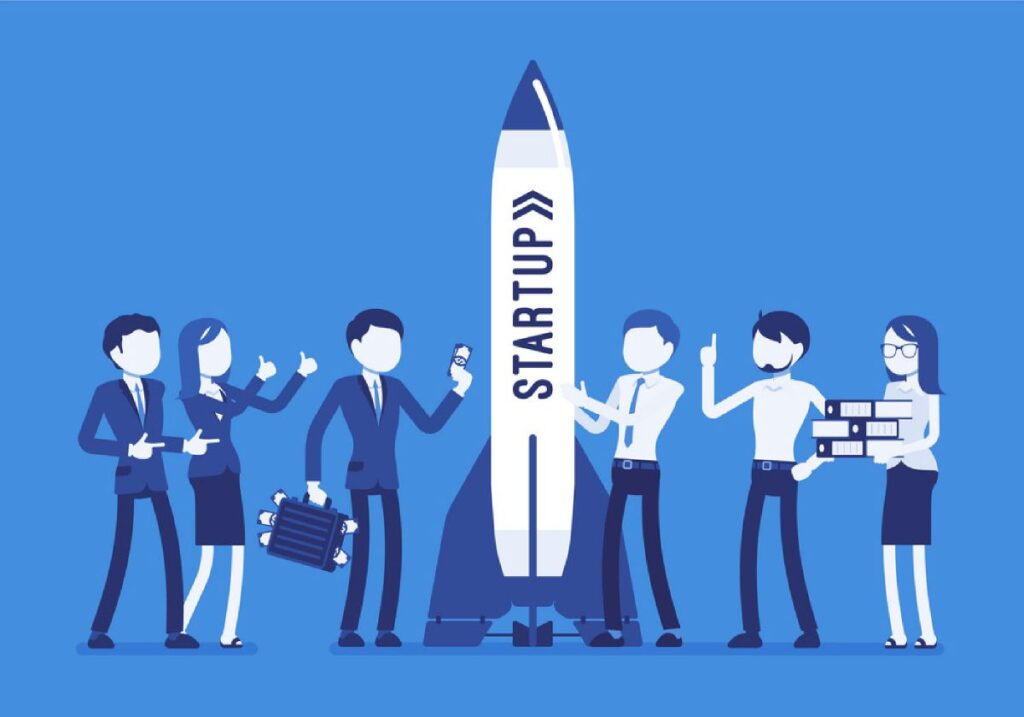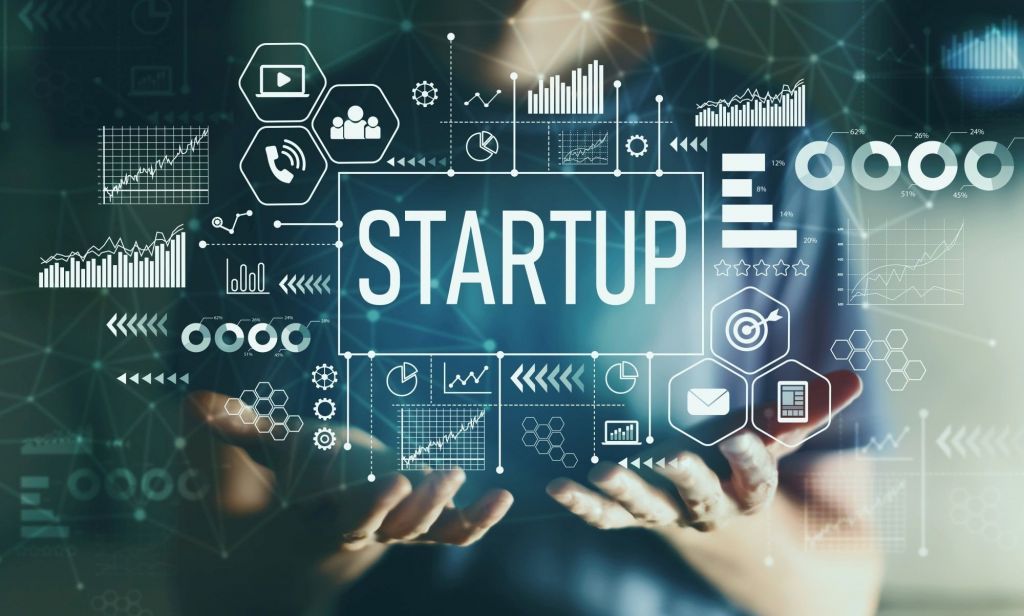
Profile of a Greek startupper : A survey of 1,500-2,000 startups operating in Greece estimates the number of startups operating in Greece . . The survey shows that Greece ranks 54th in the global startup ecosystem .
Of the Greek startups, about 70% provide B2B services. The sectors that are growing rapidly in the market are tourism and agri-food.
In Greece there are over 70 active incubators, accelerators and start-up technology centers.
A total of 106 Greek companies received funding until 2020. About 400 million euros will be invested to innovative businesses in the Greek market through EquiFund. Alongside 30 companies have already received financing amounting to 34 million. in 2020.
From the diaNEOsis questionnaire to which 267 startup founders answered, it appears that the great majority of founders - 8 out of 10 - are men. An inequality that is also observed in the rest of the European countries, which have, on average, a corresponding distribution between the sexes.
Startupper age and education level
In terms of age, startup founders are relatively young: 9 out of 10 are younger than 44 years old, while more than 50% are younger than 34 years old. They are also usually quite educated: 48.7% have a master's degree and 17.2% a doctorate. Most declare studies either in a Polytechnic school or in a business administration school. 68.2% have his startup as a full-time job.
Startupper experience
24% have little (up to 3 years) or no experience. 3 out of 10 founders who responded to the survey are more or less experienced, with experience 4 to 10 years. In 22.8% of founders said that have significant work experience, over 15 years. Of course, although it can be seen from the above data that most of the respondents have some previous experience, the majority (62.5%) said they had no previous experience managing a start-up.
In any case, a large part of the startup founders who responded to the survey -almost 4 out of 10- stated that their previous service concerns a job with "neutral to non-existent" relationship with the object of their startup. Several of them 22.5% of the total, state that have had at least one failed business venture in the past. These are, therefore, businessmen who took a significant risk: many had little or no seniority, often in unrelated subjects, whereas some "carried" the burden of one or more failed attempts.
Also of interest are the differences in the profile of the founders depending on whether they operate inside or outside the country. As the researchers note, "the startupper who has founded and operates the company abroad has different characteristics than the one who operates in the Region of Greece". The startup founder abroad is more often older (35-44 years, vs. 25-34 years). Has more work experience (4-10 years vs. 0-3). But also more experience in managerial positions (1-5 years versus 0-1).
The "geography" of startups companies
The year in which were founded the most compared to the rest of the years -almost 2 out of 10-, were 2018. The vast majority of startups in the sample, 93%, was founded in the period 2013-2020. More than half were founded in Athens. The next choice of founders (15.4%) was some European city, while followed by Thessaloniki (12.7%), Patras (4.5%), USA and Heraklion (3%). In the great majority of them (76.4%) they are very small businesses with up to 10 employees. Less than 3% employ more than 50 workers.
Despite their small size, startups appear to be cooperative schemes. 48.3% of the companies had two founders, 19.9% three, while 13.9% had more than three. Only 18% had a founder. Almost 1 in 3 say they wrote their business plan together with a mentor. However, the founders' teams are also predominantly male-dominated: 62.2% are made up of only men, while only 6.4% are made up of only women.
In which sectors are startups active? The sector in which most are active is tourism. As is probably expected, a large percentage of these companies, almost 1 in 10, is active in information and communications (ICT), while the percentage dealing with agri-food and life and health sciences is similar (8.6%). Interestingly enough, the order of sectors for foreign startups is a bit different: ICT comes first, followed by tourism and agri-food.
The product
But what form does the product of Greek startups take? 87.5% of companies include the use of digital technology as the initial concept, while 38.6% have a purely digital concept. Fewer have a "natural" idea but which uses digital technology (26.6%) or, conversely, a digital concept with a partial physical presence (22.5%). Only 12.4% follow the traditional, all-natural model. In any case, it seems that the vast majority of startups in the survey, about 7 out of 10, had to readjust the original idea, one or more times. In fact, 19.5% did it more than twice. In addition, startups are, by majority, an extroverted activity: 63.7% state that they target international customers and only 36.3% domestic ones. However, 1 in 3 say the biggest problem is a lack of experience in attracting international customers.
Chapters
It is also interesting that almost half of the startups in the sample they started their activity with very low capital, from zero to 10,000 euros. Only one in five (21.7%) started with capital of more than 50,000 euros. 35.2% of these companies are currently profitable, while about half (47.9%) are not currently profitable.
Regarding As the biggest challenges they face for their future, founders singled out scalability (22.8%), followed by staffing (19.1%), competition (16.9%), and the availability of financing (15%). Among possible changes that would improve their business, the founders in the sample choose "modification of the insurance and tax framework" (79.8%) more than any other.




